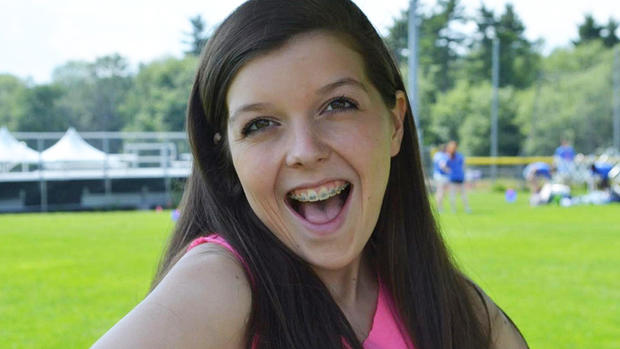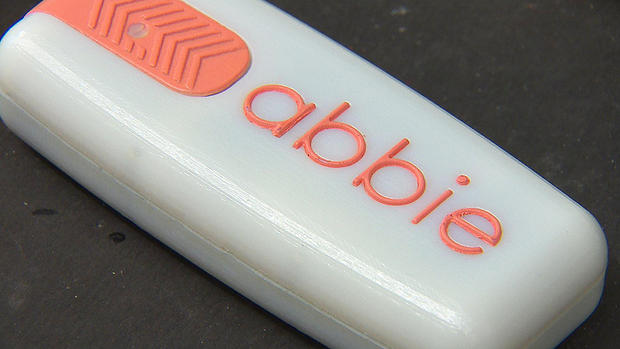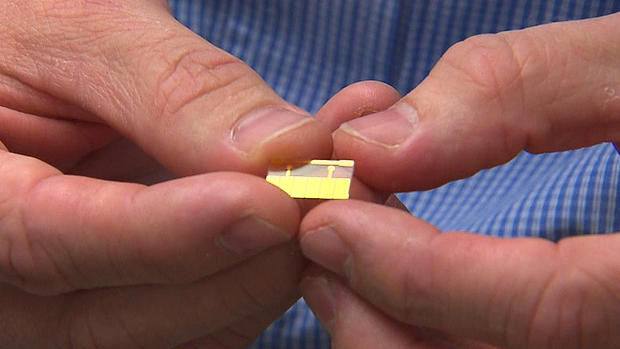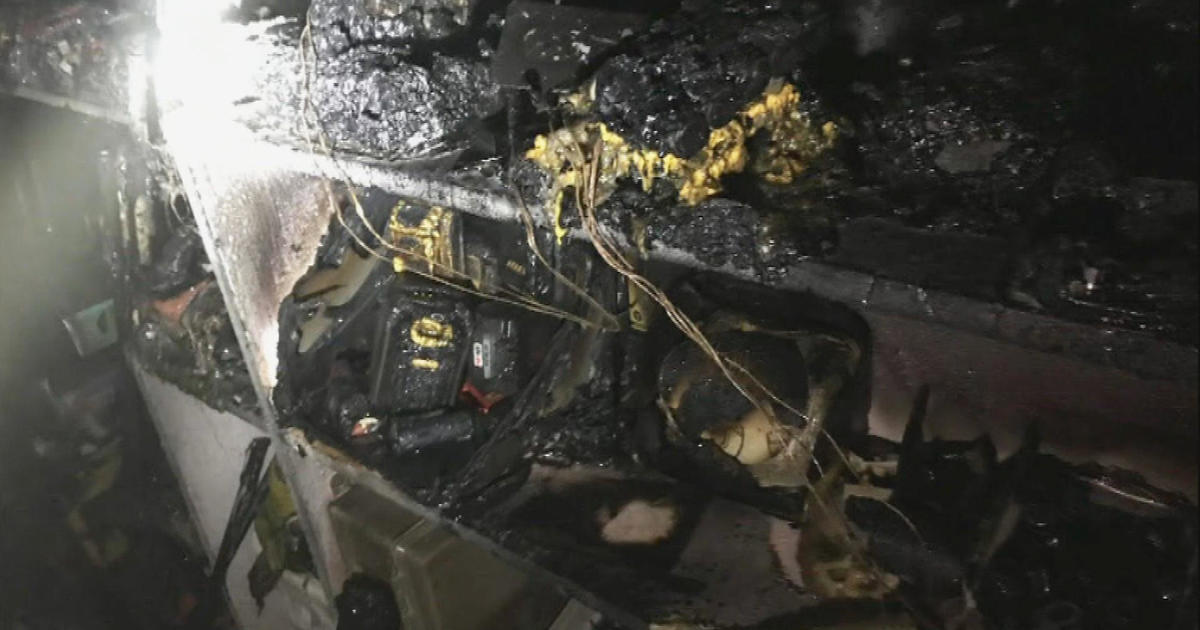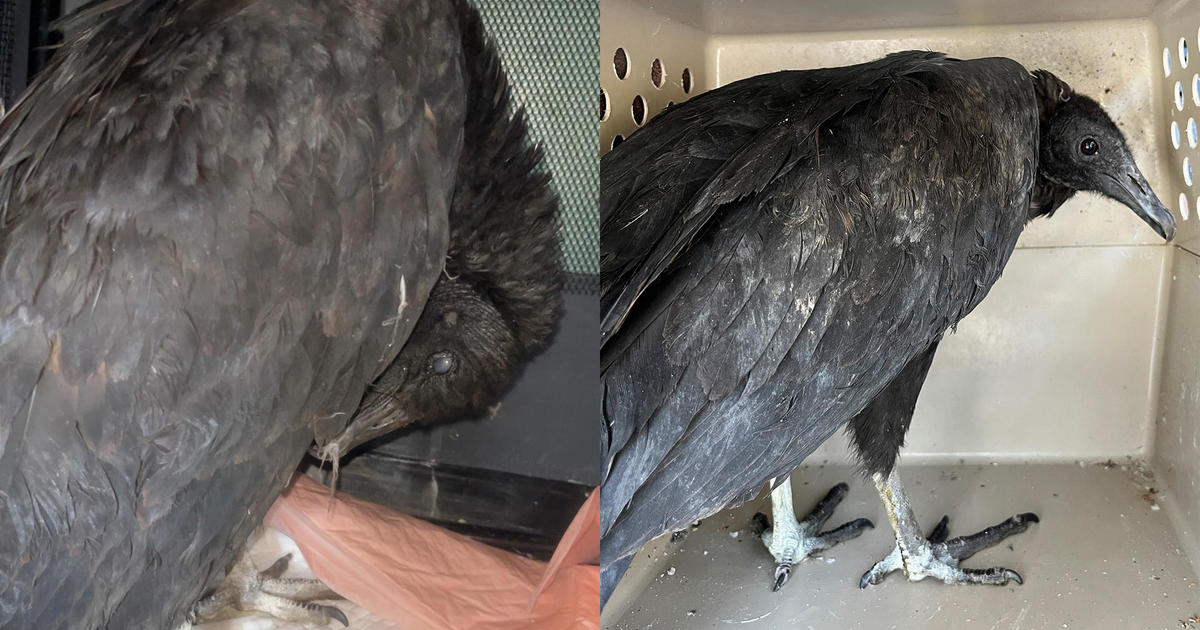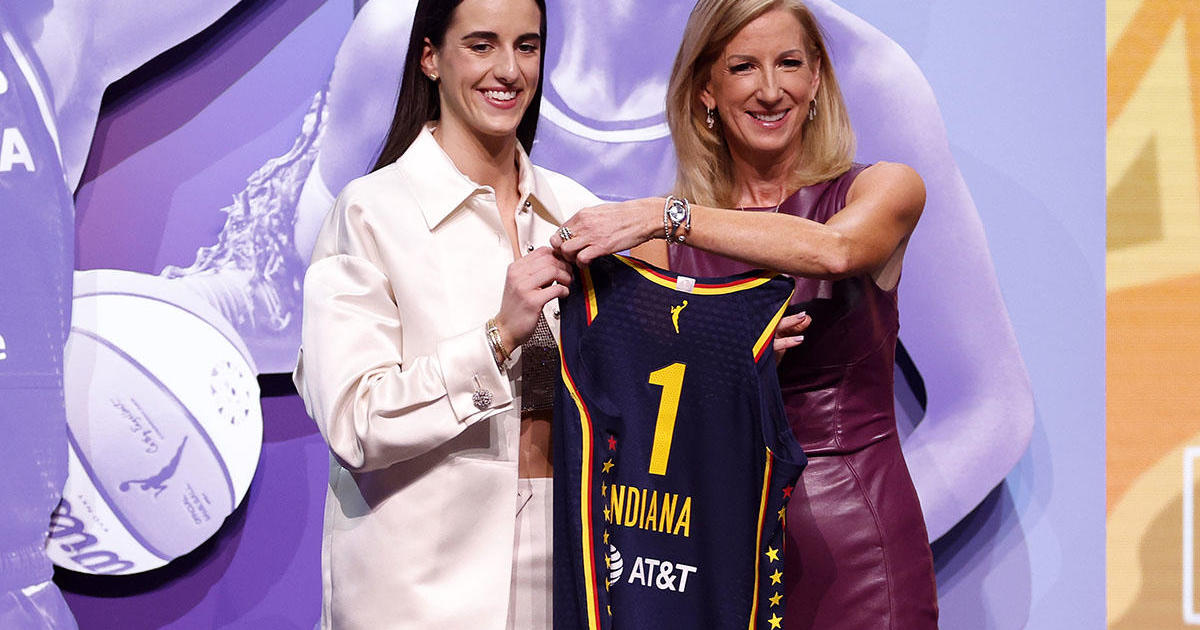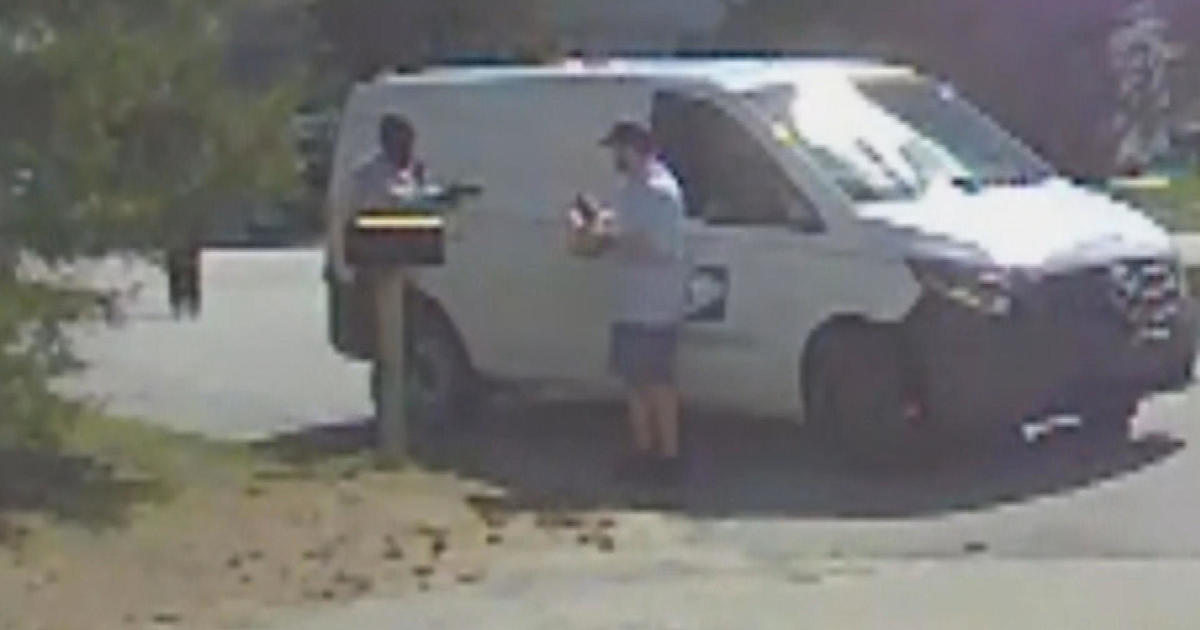'Project Abbie' Device Aims To Revolutionize Anaphylaxis Treatment
HOPKINTON (CBS) - "She was a big personality. Her absence is felt pretty much every moment of every day," Amy Benford told WBZ-TV speaking with pride and grief as she described her daughter, Abbie. On the same day the Hopkinton teenager was getting ready to celebrate her 16th birthday with friends she had a severe allergic reaction.
"One of her friends came downstairs and said, 'Abbie needs you,'" Mrs. Benford recalled. That's when Abbie's dad, Stephen, rushed upstairs.
"I asked if she was okay and she said, 'I just can't move air, Dad. I think I need my inhaler.' It didn't occur to me that it was an anaphylactic reaction." Abbie had lived her whole life with severe allergies but this attack was different.
"Abbie's first symptom that day was indigestion. You're not going to give anybody an EpiPen to treat indigestion," said Mrs. Benford. "In a 6-minute window she went from difficulty breathing to a life-threatening situation," explained Mr. Benford.
Abbie died just days before reaching her 16th birthday. Even under the weight of incredible grief Abbie's parents were compelled to take action.
"Our motivation was to do something, do something that can save lives," said Mr. Benford.
Only weeks after Abbie's death in 2013 the Benfords reached out to Dr. Benjamin Matthews, the doctor who treated Abbie during her final days, to help brainstorm the best way to make a real difference. After that meeting the Benfords launched the Keep Smilin' 4 Abbie Foundation. Dr. Matthews connected the family with the Wyss Institute in Boston and the Foundation's funding kickstarted "Project Abbie."
WEB EXTRA: Hear from Dr. Benjamin Matthews
"This is our compact smart auto injector," said Mustafa Karabas, a researcher at the Wyss Institute.
The prototype of this auto injector is a small plastic device with the name "Abbie" inscribed on the front in bright lower case letters. It's called Abbie, "for motivational reasons," Dr. Karabas said. "We want to keep ourselves motivated and keep connected to Abbie's story."
The device delivers life-saving epinephrine with one major difference. No one has to thrust the needle into the thigh and then pull it back out. The needle itself does all the work. The patient only has to press the device against the thigh.
The auto injector is also connected to an app with more features. Users can activate the injection through the app, hit a button to locate the device by triggering a loud beep, and it can instantly text a parent or caretaker to alert them that epinephrine was just delivered.
But that's only half of the vision.
"This is one of the little chips we use... to detect histamine," explained Dr. Olivier Henry, another researcher at the Wyss Institute, working on a separate element of "Project Abbie."
He held a golden chip that looked like something you'd find inside a computer. It's job is to detect an increase in histamines. Those histamines spike when someone is having an allergic reaction. By sampling a finger prick of blood the chip would be the first-ever allergy detection system.
"This will specifically tell you if you are having an allergy or more seasonal cold," Dr. Henry said. It's a quick test that would eliminate any guesswork once an allergy sufferer experiences any type of symptom.
Separately, these devices could be on the market within two years. But the ultimate goal is to combine both technologies into one, even smaller, wearable device that could automatically detect an allergic reaction and then instantly treat it.
As soon as you walk into the Wyss Institute lab you see photos of Abbie and her big, beautiful smile on the wall. It is a constant reminder of what's at stake.
"I want my daughter back. That can't happen," said Mrs. Benford, "But it brings me peace to know that her legacy... she will save lives. That will give me peace."
